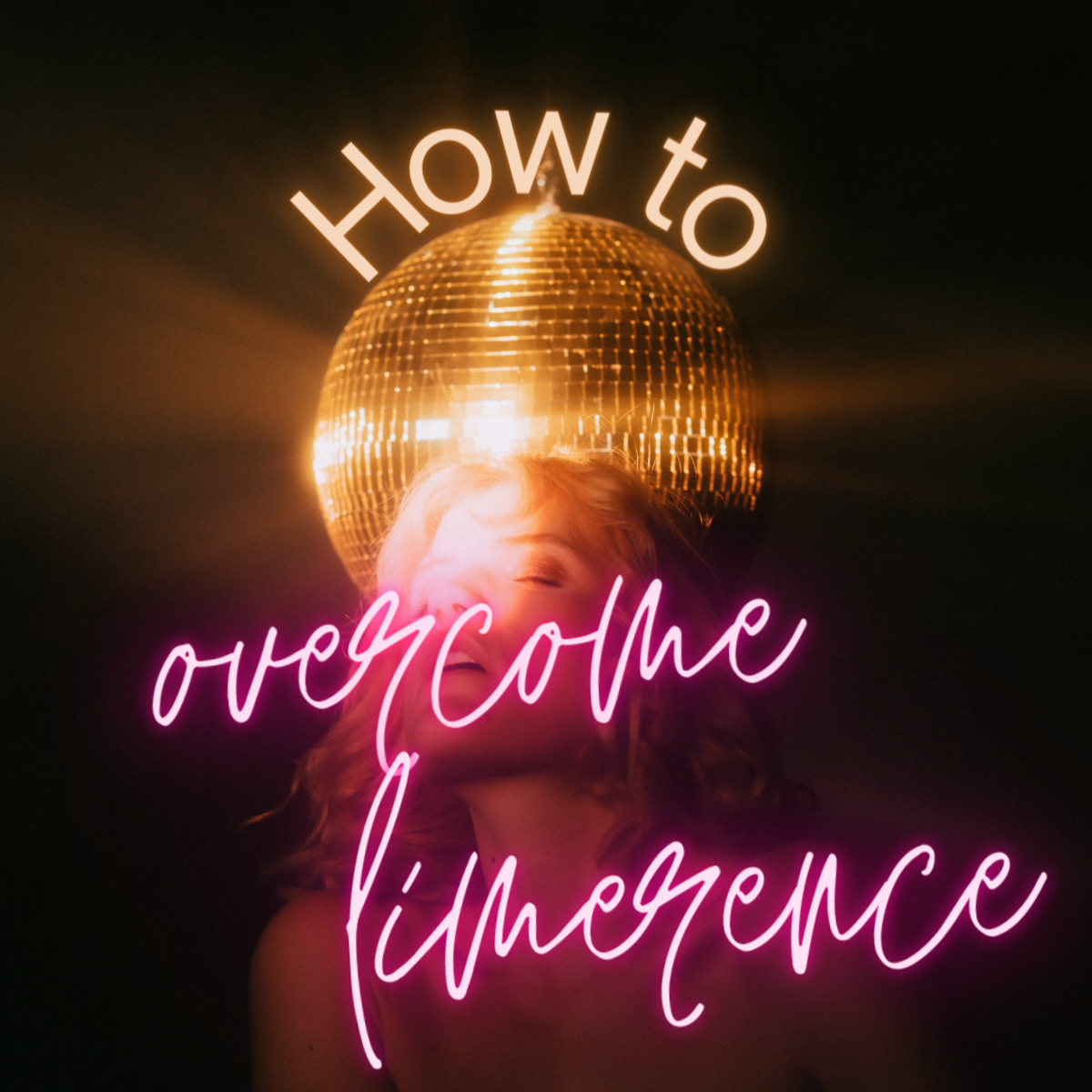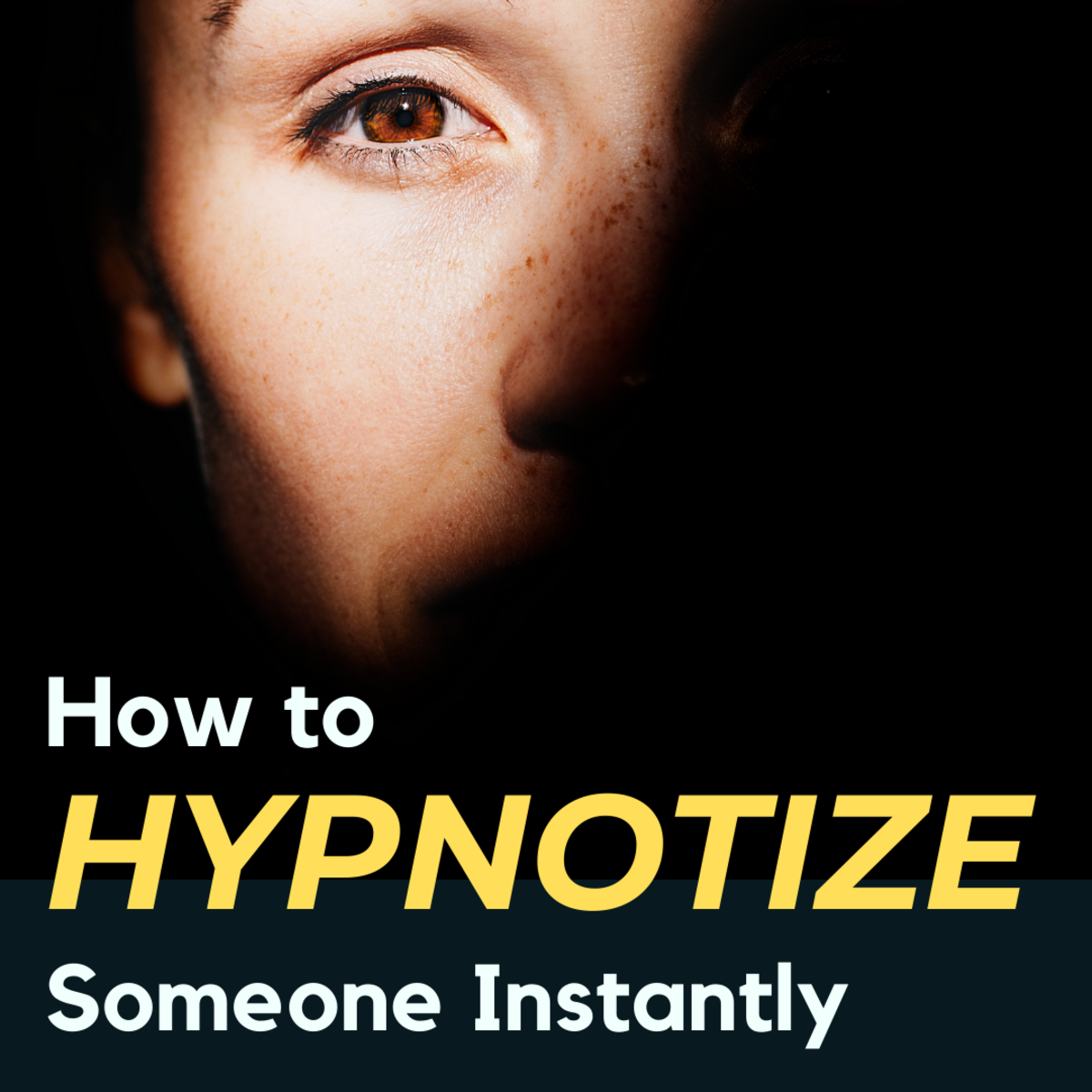The Science Of How Music Programs The Mind

The power of music is something which should never ever be underestimated. Just as visual stimulus is in the eye of the beholder, musical stimulus is in the ear of the beholder and, of course, listening to music is a subjective experience.
Everyone reacts in their own unique way when listening to music. It affects each individual person on their own level.
Music quietly whispers what the listener wants to hear into their ear to fit their own personal experience. Music is the drug which makes the world go round and according to the late Dr Emoto, who discovered the effect of vibration on water crystals, music is a form of vibration which helps bring the world back into balance.
Music has the power to affect us on an emotional level by shifting in and out of different keys (major, minor, diminished, suspended, etc). It can uplift us and put us in a good mood leaving us feeling on top of the world or it can make us feel sad and move us to tears. Music is so powerful that it causes us to subconsciously invoke these emotional feelings in ourselves and therefore it directly affects our emotions - it controls, or programs, them with each of us reacting based on our own individual past experiences.
It's also true that not only does music have a powerful effect on our emotions but it also affects our minds and can cause associations, known as anchors in NLP (Neuro Linguistic Programming). It's true that once you associate a mental image with a song, you then get that mental image pop into your head whenever you hear that song in the future, which is a form of synaesthesia. People particularly prone to this will be people who also do things like assign different colours to the various days of the week or months of the year.
Music also affects us on a subliminal basis outside of our conscious awareness. There may be times when you walk into a shop and music is playing or a car goes past with loud music playing but you don't consciously acknowledge it then later in the day you might have the song that was playing pop into your head without knowing where it came from. You start singing it along in your mind but may not know how or why you thought of that song and this is the power of subliminal suggestion.
On Amazon:
The Power Of Lyrics
The power of suggestion, especially subliminal suggestion, is extremely potent under the right conditions and this ties in very much with song lyrics and how language programs the mind and vice versa (psycho-linguistics).
The power of words is just as powerful as the power of music and it's true that the pen is mightier than the sword. Hypnotists and mentalists (psychological illusionists) heavily rely on linguistic techniques in order to fool human perception and it's true that human perception is unreliable.
Because song lyrics are often ambiguous and could have double meanings or are open to interpretation much of the time, this causes the listener's subconscious to fill in the true meanings of the lyrics based on their own past experiences which are recalled by subconsciously carrying out a transderivational search - the subconscious searches the memory database for information relevant to the current experience.
Again, associations (or anchors) are created and a mental image constructed. Whenever the listener hears those lyrics again in the future, it reminds them of that mental image. The powerful effect that lyrics have on the mind combined with the powerful effect that music has on emotions reinforces the anchors that were created.
Music and words, when combined, are omnipotent.
© 2016 Marc Hubs









